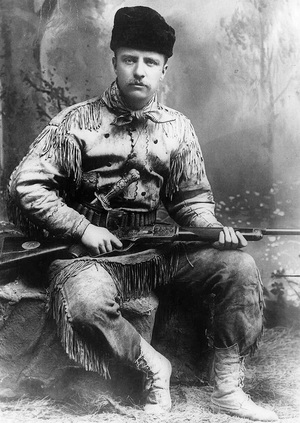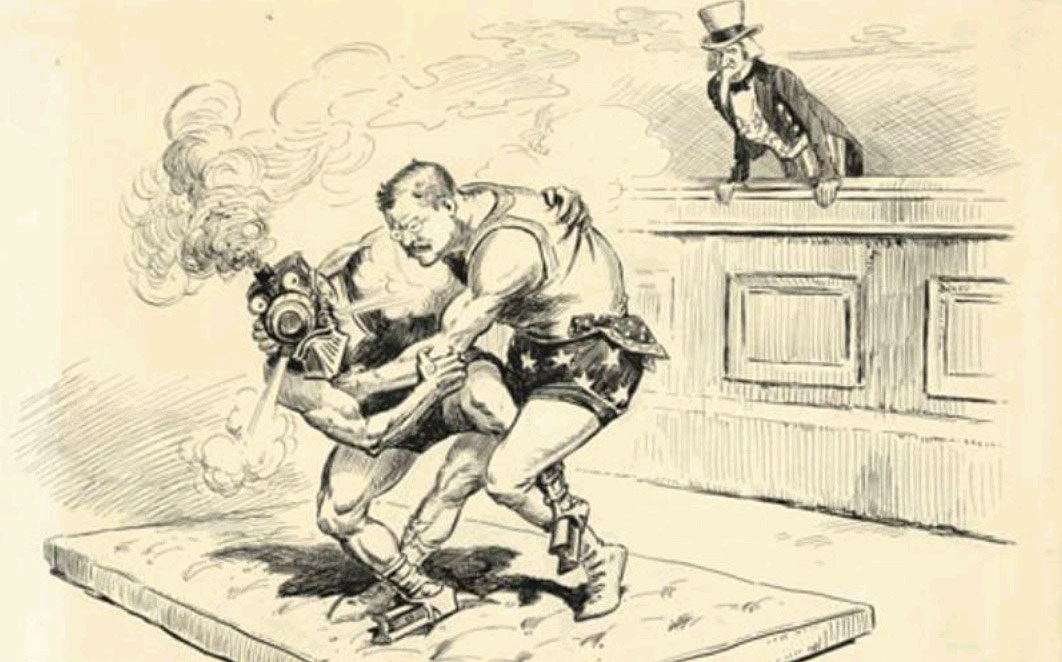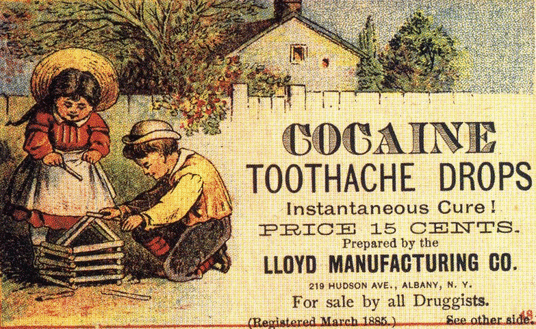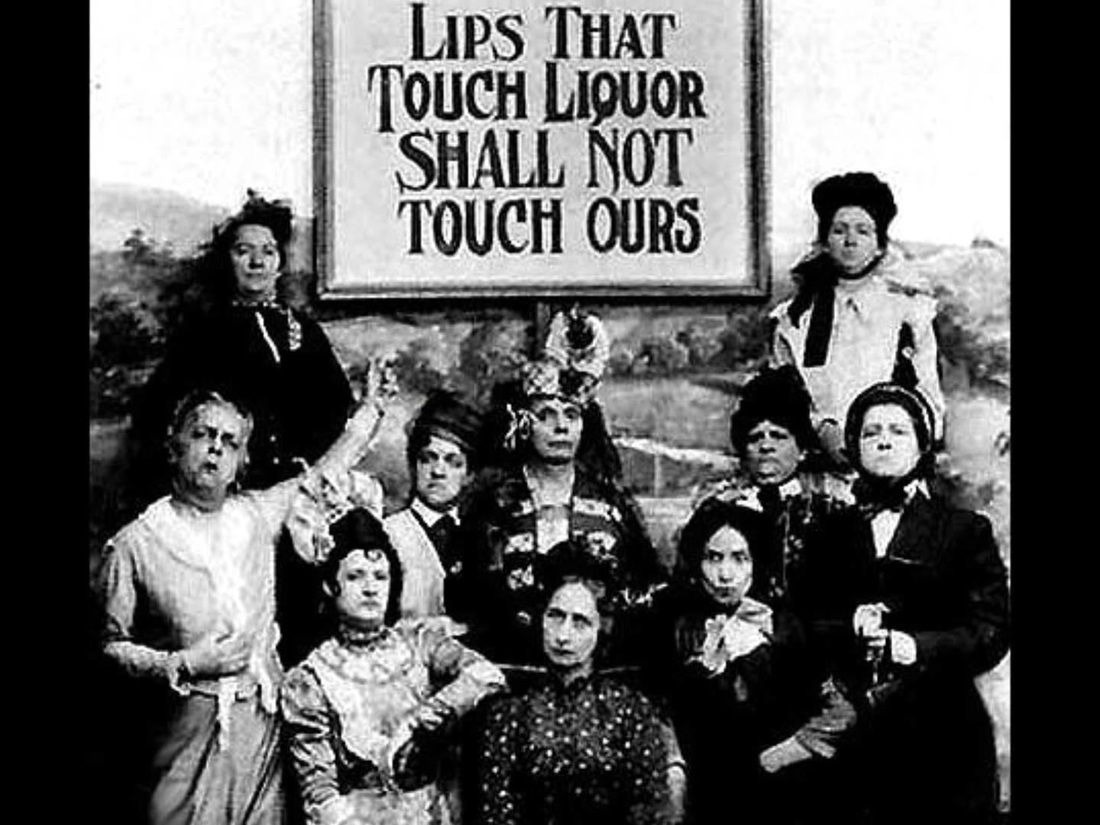Roosevelt
Background, experiences and personalityTheodore Roosevelt was born on October 27, 1858, and grew up in New York City .Teedie" grew up surrounded by the love of his parents and three siblings. But he was always a sickly child afflicted with asthma. As a teenager, he decided that he would "make his body," and he undertook a program of gymnastics and weight-lifting, which helped him develop a rugged physique. Thereafter, Roosevelt became a lifelong advocate of exercise and the "strenuous life." He always found time for physical exertions including hiking, riding horses, and swimming.
Roosvelt moved out West for awhile to live in the Dakota Badlands. Once out West, Roosevelt soaked in the frontier lifestyle. He bought two ranches and a thousand head of cattle. He flourished in the hardships of the western frontier, riding for days, hunting grizzly bears, herding cows as a rancher, and chasing outlaws as a frontier sheriff. He later returned to New York to become invoked in politics. Roosevelt becomes commissioner in 18 , he worked hard to enforce the civil service laws, although he regularly clashed with party regulars and politicians who wanted him to ignore the law in favor of patronage. Roosevelt served as a commissioner until he accepted the presidency of the New York City Police Board in 1895. He demonstrated honesty in office, much to the displeasure of party bosses. He also cleaned up the corrupt Police Board and strictly enforced laws banning the sale of liquor on the Sabbath. Later he would become and Assistant U.S. Navy Secretary under President William McKinley. |
|
Roosevelt resigned as assistant secretary of the Navy during Spanish American War and volunteered for service as commander. Roosevelt returned home a war hero and caught the eye of Republican leaders when he completely destroyed the state machine. His popularity would grow and he later would the vice presidency in 1900 for the Republican candidate William McKinley.
Roosvelt As President |
Theodore Roosevelt Promises a Square Deal
President McKinley was assassinated in 1901 and at the age of 42, he was the youngest president in American history.Also known as Teddy or TR, he was a colorful character. He was short and stout with big teeth, and he had a passion for physical fitness. As a member of New York's state assembly in the 1890s, he was known for being impulsive, but he was a shrewd politician who knew how to get things done.
Roosevelt believed that businesses, workers, and consumers should all receive a "square deal"—fair and honest treatment. His program of reform, which became known as the Square Deal, focused on regulating big business and protecting workers and consumers. Roosevelt believed the country needed a strong president. "I believe in power," he once said. But he thought that presidential power should be used to benefit all Americans. Describing himself as "the steward [caretaker] of public welfare," he asserted that a president should take any actions necessary for the common good, as long as the Constitution did not forbid them.
President McKinley was assassinated in 1901 and at the age of 42, he was the youngest president in American history.Also known as Teddy or TR, he was a colorful character. He was short and stout with big teeth, and he had a passion for physical fitness. As a member of New York's state assembly in the 1890s, he was known for being impulsive, but he was a shrewd politician who knew how to get things done.
Roosevelt believed that businesses, workers, and consumers should all receive a "square deal"—fair and honest treatment. His program of reform, which became known as the Square Deal, focused on regulating big business and protecting workers and consumers. Roosevelt believed the country needed a strong president. "I believe in power," he once said. But he thought that presidential power should be used to benefit all Americans. Describing himself as "the steward [caretaker] of public welfare," he asserted that a president should take any actions necessary for the common good, as long as the Constitution did not forbid them.
Addressing the Effects of Industrialization
|
Busting Trusts
Rapid industrialization gave rise to a number of problems in American society, including unsafe products, environmental damage, and corruption in public life. The three progressives in the White House—Roosevelt, Taft, and Wilson—sought to correct these negative effects. As Roosevelt put it, "The man who holds that every human right is secondary to his profit must now give way to the advocate of human welfare." The progressive presidents worked to reduce the harmful effects of industrialization, starting with the power of the trusts. Roosevelt began the progressive trust busting movement. To regulate monopolies, he used the Sherman Antitrust Act. This law made illegal "every contract, combination in the form of trust or otherwise, or conspiracy, in restraint of trade or commerce." The law had been passed in 1890 but had been ineffective. Its language was vague, and enforcement was weak. |
Roosevelt believed that government should regulate monopolies to make sure they operated for the good of the nation. Sometimes he had to break up trusts rather than regulate them. Such actions gained him a reputation as a trustbuster. However, he was not opposed to big business. "We do not wish to destroy corporations," he said, "but we do wish to make them subserve the public good." In addition to breaking up J. P. Morgan's Northern Securities Company, Roosevelt limited the power of railroads to set rates and stifle business competition. In 1906, he signed the Hepburn Act, which gave the federal government the authority to set maximum rail shipping rates.
Protecting the Indivdual
|
Protecting Consumer & Workers
In addition to busting trusts, the progressive presidents tried to protect consumers. Two key laws were passed in 1906 during Roosevelt's presidency: the Meat Inspection Act and the Pure Food and Drug Act. The Meat Inspection Act required the Department of Agriculture to inspect packaged meat. This law was a response to muckraker accounts of unsanitary meatpacking plants. For example, one passage in Upton Sinclair's novel The Jungle described how rats often became part of the ground meat: "The packers would put poisoned bread out for them; they would die, and then rats, bread, and meat would go into the hoppers together." Sinclair later said of reaction to his book, "I aimed at the nation's heart, but hit it in the stomach." |
The Pure Food and Drug Act established a new agency, the Food and Drug Administration, to test and approve drugs before they went on the market. This law addressed the calls for the regulation of patent medicines. These nonprescription medicines often promised magical cures, but many contained little more than alcohol or opium.
Roosevelt also helped improve working conditions for coal miners. In 1902, he pressured coal mine owners and the striking United Mine Workers to submit to arbitration, a legal process in which a neutral outside party helps resolve a dispute. A government commission decided that the miners should have higher wages and shorter hours. However, it also declared that the owners did not have to recognize the union or hire only union workers. This arbitration pleased Roosevelt and many other progressives, who believed that government should be impartial in labor disputes and stronger than either big business or unions.
Roosevelt also helped improve working conditions for coal miners. In 1902, he pressured coal mine owners and the striking United Mine Workers to submit to arbitration, a legal process in which a neutral outside party helps resolve a dispute. A government commission decided that the miners should have higher wages and shorter hours. However, it also declared that the owners did not have to recognize the union or hire only union workers. This arbitration pleased Roosevelt and many other progressives, who believed that government should be impartial in labor disputes and stronger than either big business or unions.
Protecting the Environment
Progressives also wanted to protect the natural environment. They saw how industry and urban growth had polluted the air and water and devastated the landscape. They believed that government should remedy these problems, but they sometimes disagreed on the solutions.
Some progressives supported preservation, the protection of wilderness lands from all forms of development. John Muir, a preservationist who co-founded the Sierra Club in 1892, believed that the government must preserve the environment. "Any fool can destroy trees," he wrote. "God . . . cannot save them from fools—only Uncle Sam can do that."
Other progressives supported conservation, the limited use of resources. Conservationists believed that government should take a middle position between preservation and exploitation. They wanted to preserve some wilderness while also allowing some use of natural resources. The progressive presidents, especially Roosevelt, were sympathetic to the preservationist view. Roosevelt, a great outdoors-man, once commented, "We are prone to think of the resources of this country as inexhaustible. This is not so." In practice, however, the government tended to favor the more moderate conservationist approach.
In 1905, Roosevelt backed the creation of the U.S. Forest Service. Its mission was to protect forests and other natural areas from excessive development. Roosevelt appointed Gifford Pinchot, a noted conservationist, to head the Forest Service. Like Roosevelt, Pinchot advocated a "wise use" policy of balancing the demands of economic development with the need to conserve the natural environment. Under Roosevelt, the federal government set aside nearly 150 million acres of national forests.
Progressives also wanted to protect the natural environment. They saw how industry and urban growth had polluted the air and water and devastated the landscape. They believed that government should remedy these problems, but they sometimes disagreed on the solutions.
Some progressives supported preservation, the protection of wilderness lands from all forms of development. John Muir, a preservationist who co-founded the Sierra Club in 1892, believed that the government must preserve the environment. "Any fool can destroy trees," he wrote. "God . . . cannot save them from fools—only Uncle Sam can do that."
Other progressives supported conservation, the limited use of resources. Conservationists believed that government should take a middle position between preservation and exploitation. They wanted to preserve some wilderness while also allowing some use of natural resources. The progressive presidents, especially Roosevelt, were sympathetic to the preservationist view. Roosevelt, a great outdoors-man, once commented, "We are prone to think of the resources of this country as inexhaustible. This is not so." In practice, however, the government tended to favor the more moderate conservationist approach.
In 1905, Roosevelt backed the creation of the U.S. Forest Service. Its mission was to protect forests and other natural areas from excessive development. Roosevelt appointed Gifford Pinchot, a noted conservationist, to head the Forest Service. Like Roosevelt, Pinchot advocated a "wise use" policy of balancing the demands of economic development with the need to conserve the natural environment. Under Roosevelt, the federal government set aside nearly 150 million acres of national forests.
Reforming the NationaL Government
|
Legislating Morals: Prohibition The widespread public support for prohibition—a ban on the production and sale of alcoholic beverages—was rooted in the temperance movement dating from the early 1800s. Most advocates were women, and the largest organization had been the Women's Christian Temperance Union. The WCTU was founded in 1874. It had reached its peak in 1890, boasting more than 150,000 members. The WCTU argued that drinking alcohol made men unable to support their wives and children.
The WCTU remained influential. However, the leading organization advocating prohibition during the Progressive Era was the Anti-Saloon League, run mainly by men. Founded in 1893 and supported mostly by Protestant churches, it became a national organization in 1895. Its motto was "The Saloon Must Go." The prohibition movement gained momentum without help from Roosevelt or Taft. Wilson finally supported a constitutional amendment on prohibition after the nation entered World War I in 1917.Proponents had argued that grain was better used for food for the war effort than for making alcohol.The Eighteenth Amendment was ratified in 1919. It declared that the prohibition of "the manufacture, sale, or transportation of intoxicating liquors" would take effect one year after ratification. |
Legacy
After Roosevelt served two terms, he supported William Howard Taft, a member of his cabinet and a former judge from Ohio, to succeed him in 1908. Roosevelt was confident that Taft would continue his reform program. The two men could not have been more different. Roosevelt was outspoken and loved the limelight, while Taft was quiet and reserved. Whereas Roosevelt took bold actions, Taft was cautious. In short, Taft was a reluctant, lackluster campaigner.Nevertheless, Roosevelt's support helped him sail to victory.
However, the presidential campaign of 1912 centered on progressive reform. Roosevelt believed that Taft had betrayed progressive ideals. For that reason, he decided to run for president again in 1912. When the Republicans chose Taft as their candidate, Roosevelt decided to run as the candidate of a third party, a political party outside the two-party system. Roosevelt's party was called the Progressive Party but was nicknamed the Bull Moose Party after he declared his readiness by exclaiming, "I feel as fit as a bull moose."
The 1912 election also featured two other candidates. Woodrow Wilson, a man of strong progressive ideals, represented the Democratic Party. Labor leader Eugene V. Debs, running on the socialist ticket, advocated more radical change, calling on voters to make "the working class the ruling class." Woodrow Wilson would ended up winning because Roosevelt would split the vote between Republicans.
However, the presidential campaign of 1912 centered on progressive reform. Roosevelt believed that Taft had betrayed progressive ideals. For that reason, he decided to run for president again in 1912. When the Republicans chose Taft as their candidate, Roosevelt decided to run as the candidate of a third party, a political party outside the two-party system. Roosevelt's party was called the Progressive Party but was nicknamed the Bull Moose Party after he declared his readiness by exclaiming, "I feel as fit as a bull moose."
The 1912 election also featured two other candidates. Woodrow Wilson, a man of strong progressive ideals, represented the Democratic Party. Labor leader Eugene V. Debs, running on the socialist ticket, advocated more radical change, calling on voters to make "the working class the ruling class." Woodrow Wilson would ended up winning because Roosevelt would split the vote between Republicans.
Work Cited
Material is from:
Hart, Diane, and Bert Bower. History Alive!: Pursuing American Ideals. Palo Alto, CA: Teachers' Curriculum Institute, 2008. Print.
"History.com - American & World History." HISTORY.com. N.p., n.d. Web. 30 Mar. 2016.
"Miller Center." Theodore Roosevelt: Life Before the Presidency-. N.p., n.d. Web. 30 Mar. 2016.
Hart, Diane, and Bert Bower. History Alive!: Pursuing American Ideals. Palo Alto, CA: Teachers' Curriculum Institute, 2008. Print.
"History.com - American & World History." HISTORY.com. N.p., n.d. Web. 30 Mar. 2016.
"Miller Center." Theodore Roosevelt: Life Before the Presidency-. N.p., n.d. Web. 30 Mar. 2016.




